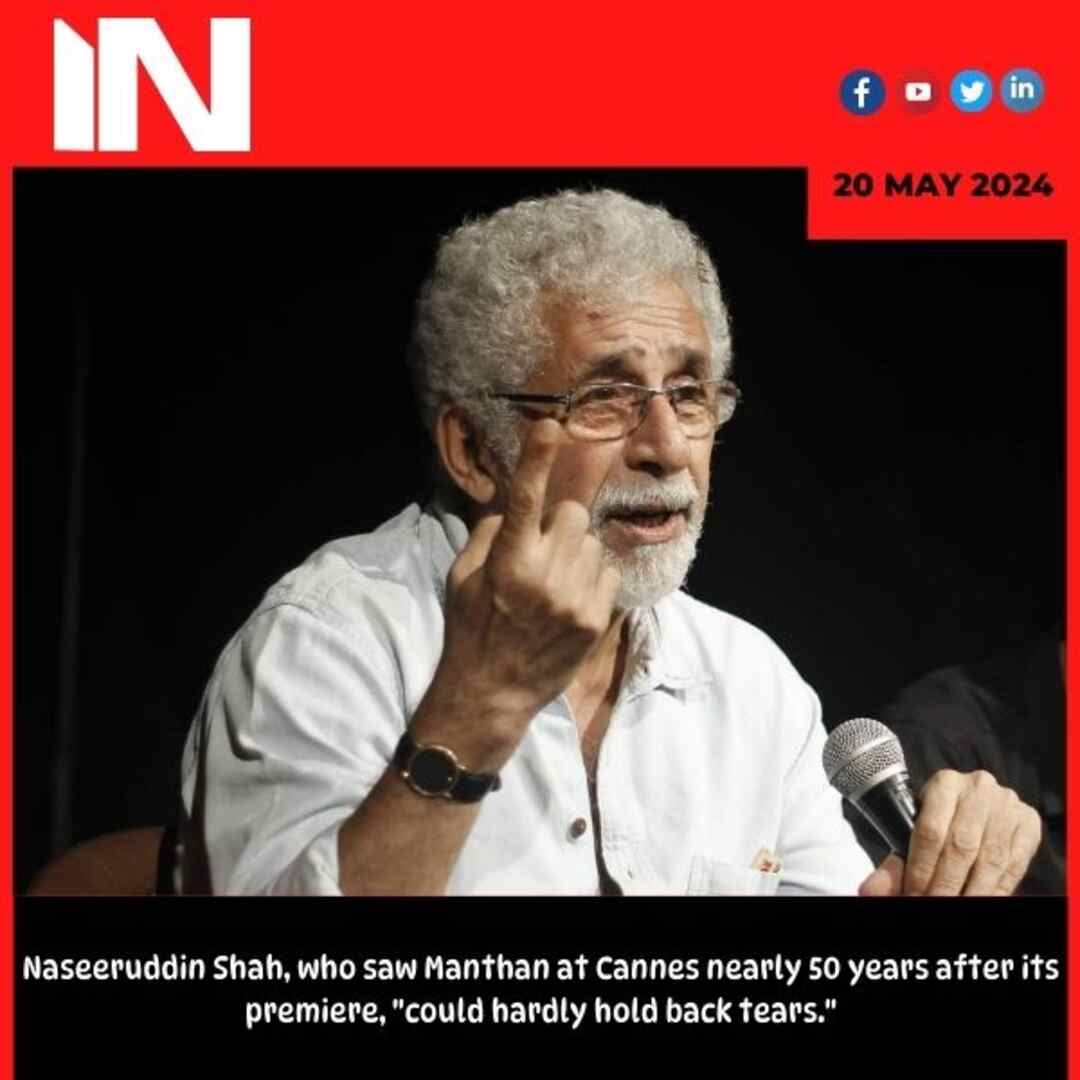Trending
Key UN report to flag how ecosystems are under stress due to climate change

The Intergovernmental Panel on Climate Change (IPCC) Working Group II (WG) report will be released on 28 February, focusing on ecosystem limitations, biodiversity hotspots and human adaptation to climate change.
The report, drawn up by the IPCC, which is monitored by the United Nations, will highlight ecosystems that may no longer tolerate the impacts of climate change and reach tipping points.
Some ecosystems are approaching a tipping point, IPCC WG II co-chair Hans-Otto Pörtner said on Thursday. Coral reefs are in decline, and about 70 to 90 percent of their surface could be affected by 1.5 degrees Celsius of global warming, which will affect coastal protection and fisheries.
Other ecosystems, such as the Amazon and African rainforests, are losing their ability to absorb carbon dioxide, Portner said.
Debra Roberts, co-chair of IPCC WG II, said: “There will be a cross-section on loss and damage from the climate crisis, which documents how the physical changes caused by the climate crisis are stressing ecosystems.”
The report will also highlight how human societies, climate systems and ecosystems are interconnected, so the impacts will affect everyone. “Humans depend on ecosystem services, and species richness is an indicator of ecosystem health,” Portner said. Humans also have severe constraints, and certain parts of the planet have become uninhabitable, he added. Portner said that was specified in the report.
The report will specify hard and soft limits for adaptation. The hard limit is related to the adaptive capacity that the ecosystem has reached, while the soft limit refers to the time when the adaptive capacity has been reached but can be changed. A community that can adapt with measures such as additional funding for infrastructure is an example of a soft limit.
These changes are unprecedented, Roberts said. “We have to act now and no one at any level can be left out of this challenge, but we can’t seem to respond,” she said. Portner added: “We are at war with nature and need to turn that around. That’s the vision for human well-being.”
There will also be a chapter on the coronavirus and the climate crisis in the report. “Because of poor ecosystems, those species that act as pathogen host carriers survive best. That’s critical,” Portner said.
The report will also focus on regional priorities and information detailing human communities and their resilience and vulnerabilities.
The report is significant because there is consensus that even a 1.5°C increase would be dangerous for the planet, leading to violations of important tipping points — large biophysical elements that regulate the climate system, such as the Greenland ice sheet.
Complete News Source : Hindustan Times
Trending
Startups that use excerpts from their own pitch are sent legal notifications by Shark Tank India; the creator responds, “Kaise banega naya India?”
.jpg)
After getting a legal letter from Sony Pictures for copyright infringement, the subscription-based tea business Dorje Teas found itself in deep water for utilising footage from their own pitch on YouTube and Meta advertisements.
The founders of the subscription-based tea company Dorje Teas, Ishaan Kanoria and Sparsh Agarwal.
While many entrepreneurs, especially those with startups, have found transformation through the business reality TV series Shark Tank India, the narrative is slightly different for Dorje Teas, a subscription-based tea firm that ships organic and fresh-from-the-farm Darjeeling Tea to consumers throughout India. Sony Pictures Networks India slapped the firm with a legal notice, which has placed it in hot water.
Co-founder Sparsh Agarwal of the company, who brought Dorje Teas to Shark Tank India last year and raised funds of Rs 30 lakh for 15% equity from Anupam Mittal, Peyush Bansal, and Vineeta Singh, valued the business at Rs 2 crore, recently revealed on LinkedIn that they received a legal notice from Shark Tank India for utilising snippets of their own pitch.
Agarwal claims that they received a notification about copyright infringement for utilising these clips in YouTube and Meta advertisements. It appears that Sony Pictures has sent notice to other companies besides Dorje Teas. He said, “They’ve clamped down on every single startup that showed up on Shark Tank, so we’re not the only ones.”
“I don’t understand why they would do this, even though I am aware of the copyright rules that justify it. After all, Dorje Teas and several other businesses, like Skippi, Assembly, Perfora, Hoovu Fresh, Beyond Snack, Wakao Foods, Nasher Miles, and many more, invest thousands of dollars each month to enhance Shark Tank content, which helps the Shark Tank India brand get free exposure and increase brand memory,” he continued.
Agarwal went on to call it a poor business choice that some executive or lawyer at Sony had made, adding that it “goes against the entire ethos of promoting small startups.”
Additionally, the focus of Shark Tank Season 3 has been on creating a new India and assisting the startup environment in India. “How will we construct a ‘new India’ in this manner?’” he questioned in a self-recorded video.
On social media, Agarwal was met with praise, while some contended that Sony’s actions were legitimate in theory. “Dear Sparsh, you must realise that ‘You are the content’ in this situation. You play a big part in content production. You posted the material that features you on your social media accounts (Facebook, Instagram, YouTube, and so on), but not on Sony’s. You might say that the traffic they were supposed to get was somehow redirected to them. A content strategist made the observation, “You are monetizing your social channels with the content they produce.”
“The first person to provide a sneak peek in the content industry attracts greater attention. Furthermore, it’s possible that you agreed to sign a waiver giving them perpetual rights to the footage they shot. They said, “Verify your contract or try to recall signing any electronic documents on the filming locations that make this clear.
“You are investing lakhs of dollars to promote Shark Tank, while Shark Tank is investing billions of dollars to plan and publicise the programme that features your brand.” Simply alter your viewpoint, as another poster pointed out.
Group Media Publications
Entertainment News Platforms – anyflix.in
Construction Infrastructure and Mining News Platform – https://cimreviews.com/
General News Platform – https://ihtlive.com/
Podcast Platforms – https://anyfm.in
-
.jpg)
.jpg) Music2 months ago
Music2 months agoSidhu Moosewala’s father and baby brother feature on Times Square billboard; fans react. Watch
-

 Tollywood2 weeks ago
Tollywood2 weeks agoAnnouncing a new film with Ravi Kiran Kola, Vijay Deverakonda poses for a picture: Together, we’ll produce an exciting movie.
-

 Music1 week ago
Music1 week agoIn a NEW investigation, the NewJeans family accuses HYBE of “exploitation and mistreatment.”
-

 Hollywood1 week ago
Hollywood1 week agoWith her studio comeback, Ariana Grande teases her fans. Is a new album or deluxe edition in the works?
-
Bollywood1 month ago
Rasha, the daughter of Raveena Tandon, discusses how trolling affects her: “I think in processing it, feeling bad for a bit.”
-

 Bollywood2 months ago
Bollywood2 months agoThe phrase “female-led projects” annoys Bhumi Pednekar. “It disgusts me deeply.”
-
Bollywood1 month ago
Vijay Deverakonda and Mrunal Thakur’s Family Star opens with a first-day box office collection of more than ₹5 crore in India.
-
Bollywood1 month ago
Day 8 global box office earnings for the Kareena Kapoor, Tabu, and Kriti Sanon film reaches ₹90 crore













.jpg)




